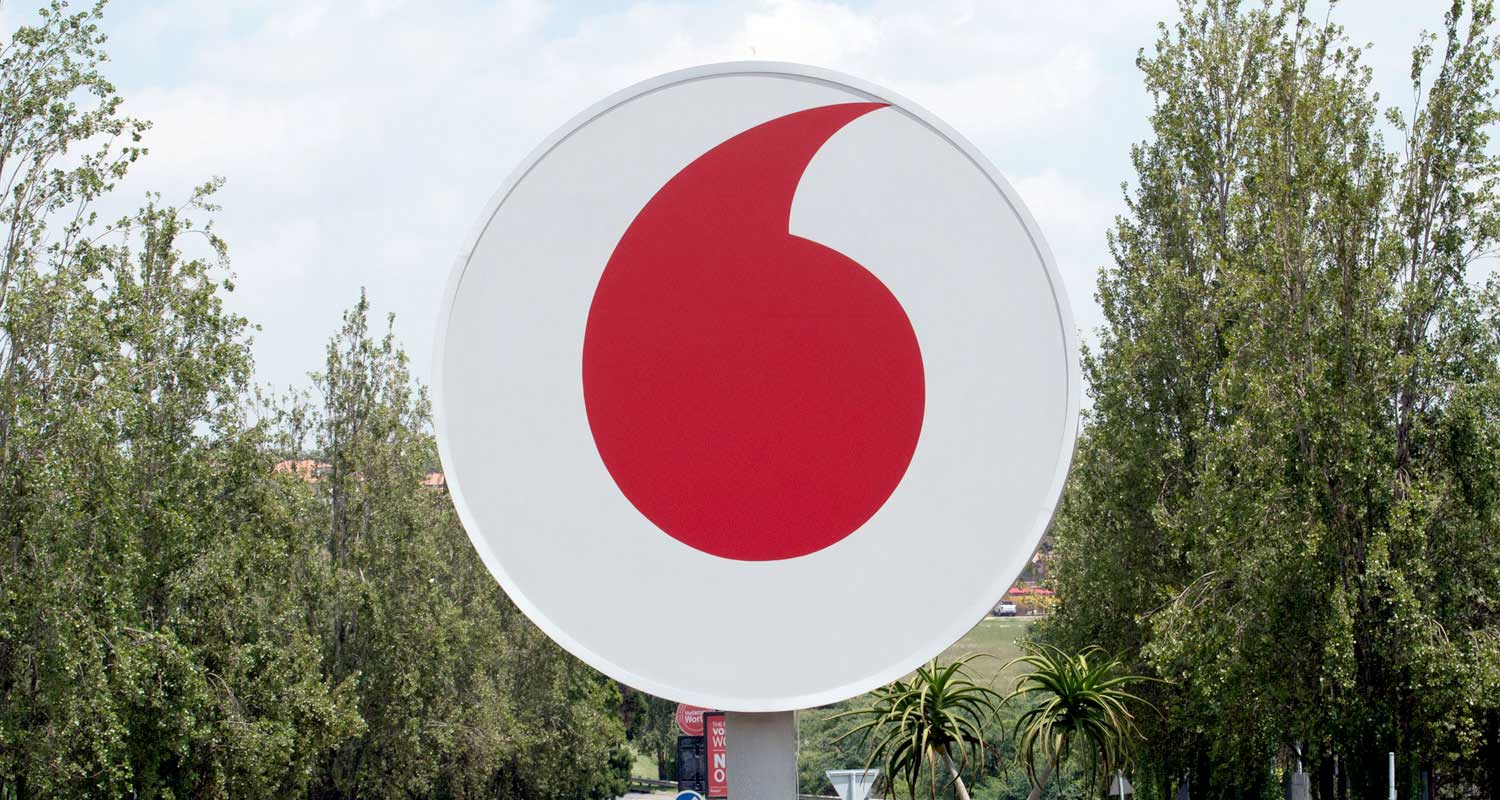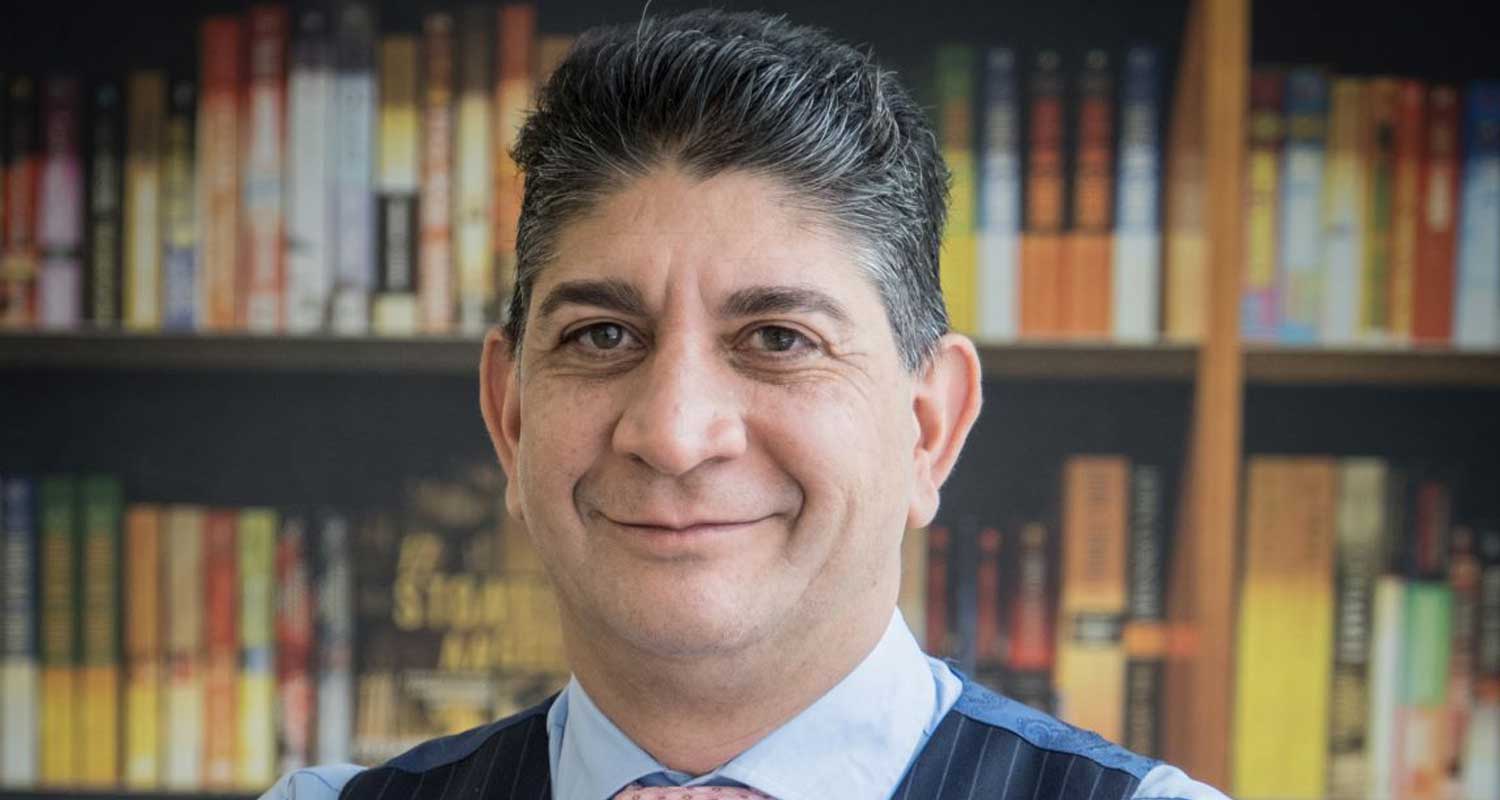 Vodacom’s black economic empowerment vehicle, YeboYethu, has applied to join the telecommunications operator’s high-stakes appeal to the constitutional court against a lower court’s judgment in favour former Vodacom employee Nkosana Makate.
Vodacom’s black economic empowerment vehicle, YeboYethu, has applied to join the telecommunications operator’s high-stakes appeal to the constitutional court against a lower court’s judgment in favour former Vodacom employee Nkosana Makate.
YeboYethu wants the constitutional court to hear its arguments in the matter, and has applied for admission as amicus curiae, or “friend of the court”. A recent application by Vodacom parent Vodafone Group to do the same was rejected by the court.
Makate, who the constitutional court had previously found invented Vodacom’s “please call me” ring-back service, scored a big victory at the supreme court of appeal in Bloemfontein in February when the court dismissed an application for leave to appeal an earlier judgment by the high court in Makate’s favour.
The appeals court ordered Vodacom CEO Shameel Joosub to make a new offer to Makate based on the assumption that he (Makate) had an 18-year contract with the company. As a result, Vodacom faces the prospect of coughing up significantly more to Makate than the R47-million it had previously offered him.
That offer, determined by Joosub in line with a previous order of the constitutional court, was rejected by Makate as being far too low. He has previously claimed he is owed at least R10-billion in compensation from Vodacom for the “please call me” idea. High court justice Wendy Hughes had ruled in 2022 that Makate was entitled to 5% of the total voice revenue generated from “please call me” over a 20-year period.
But YeboYethu, in an affidavit by its chairman, Thabo Mokgatlha, has now claimed in its court papers, in which it is applying for admission as amicus curiae, that paying Makate the billions of rand the lower courts have effectively determined he is owed could have a severe impact on thousands of ordinary black Vodacom shareholders – and could even destroy YeboYethu.
Demise
In its court papers, the empowerment vehicle warned that Makate could be entitled to compensation of between R29-billion and R63-billion, based on calculations from Vodacom.
“The payment of compensation in such high amount would have disastrous consequences for YeboYethu Investment Co and its shareholders,” it said.
“More particularly, the payment of such compensation would likely suspend the payment of dividends to some 80 000 black indirect shareholders in Vodacom for many years.
“More dire, however, is that such payment would lead to trigger events for purposes of the preference share arrangements … and would commence the demise of YeboYethu and YeboYethu Investment Co.”

It added that if Makate were to be paid the money he is seeking, it would “negatively impact the broader South African society by perpetrating economic disparities and limited the socioeconomic advancement of marginalised communities. This will undermine long-term economic stability and social cohesion.”
The constitutional court is yet to set a date for Vodacom’s appeal to be heard. It said in August that it would hear the appeal. — © 2024 NewsCentral Media




